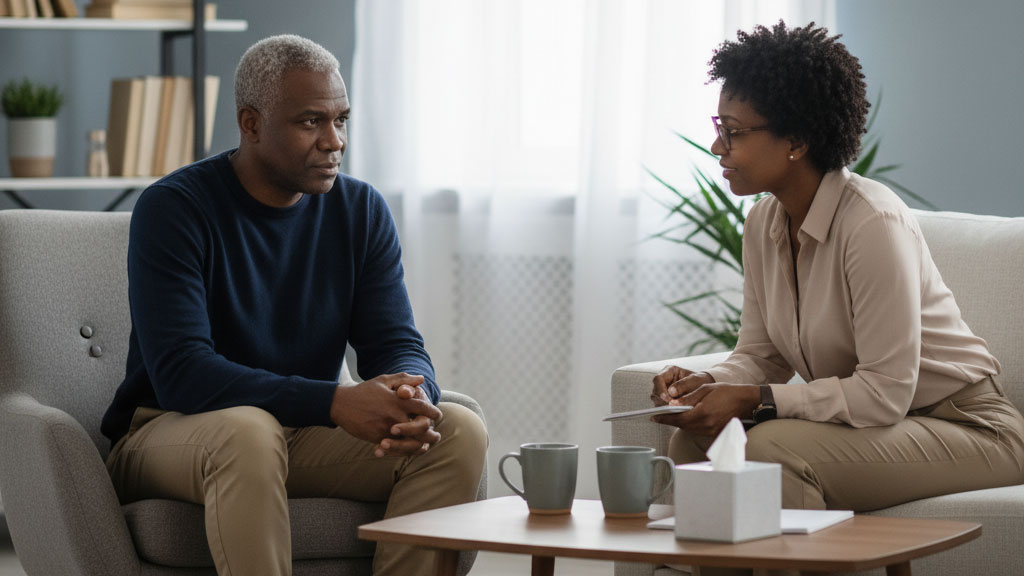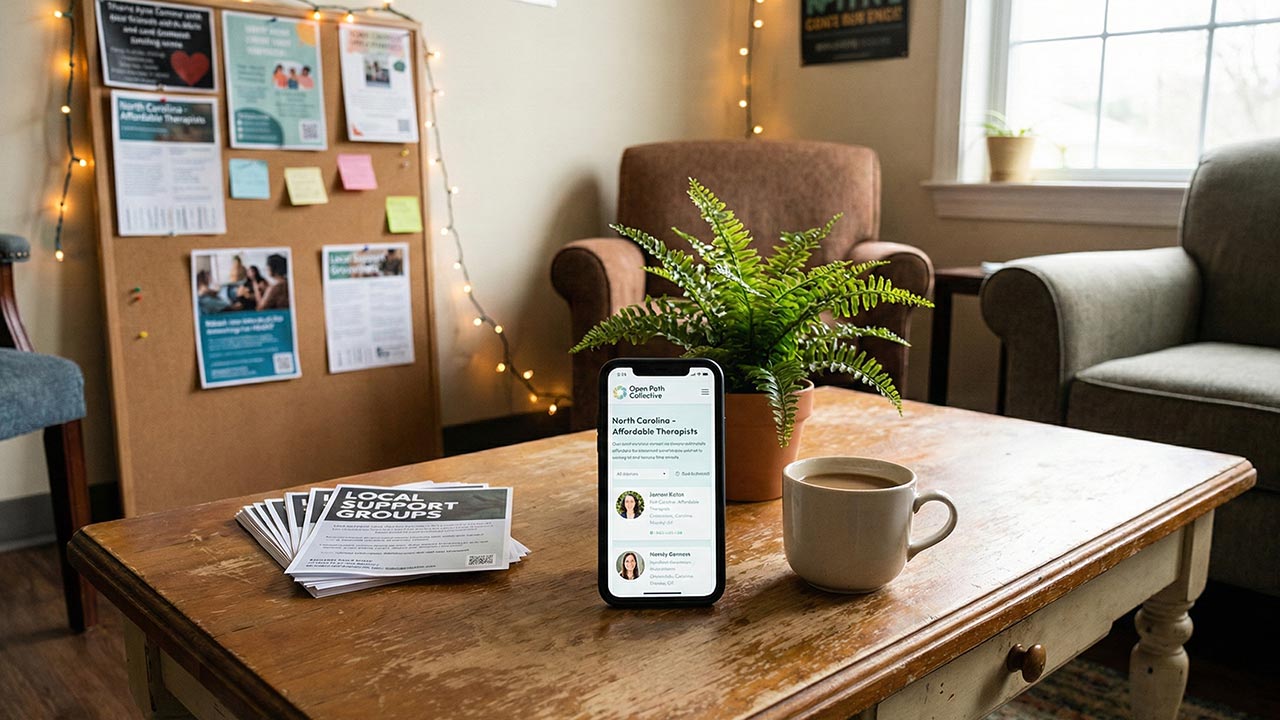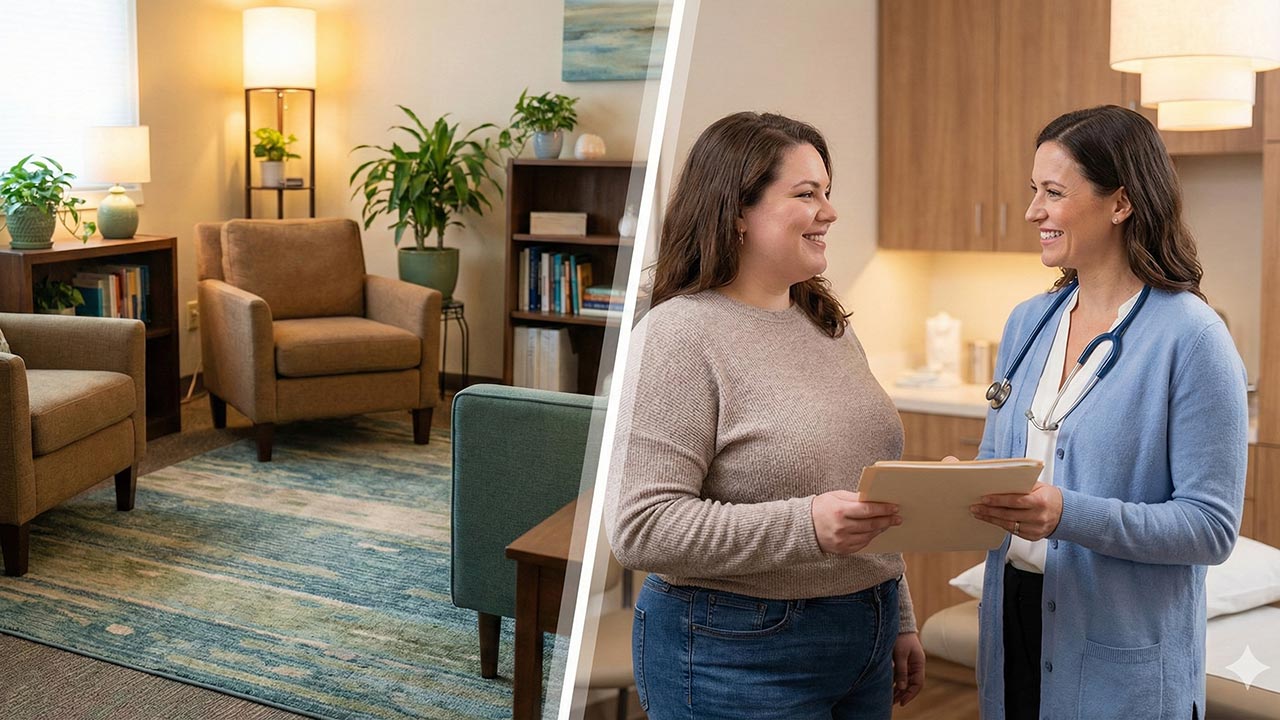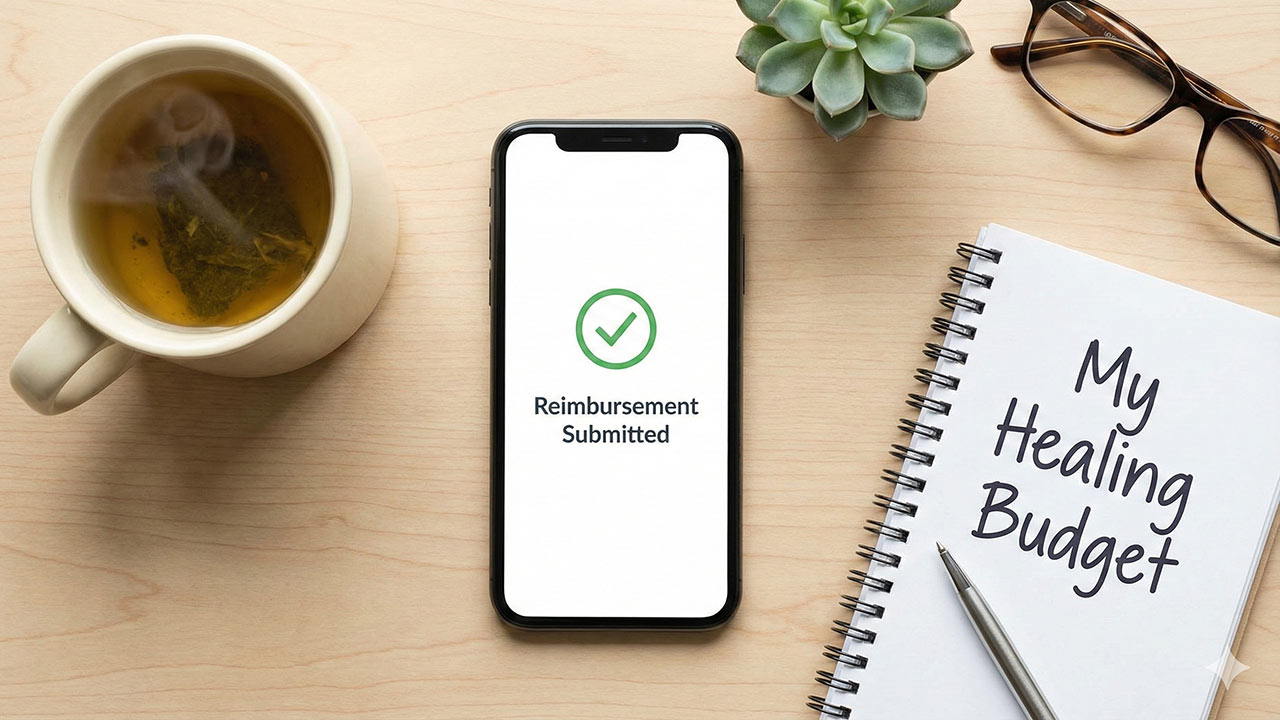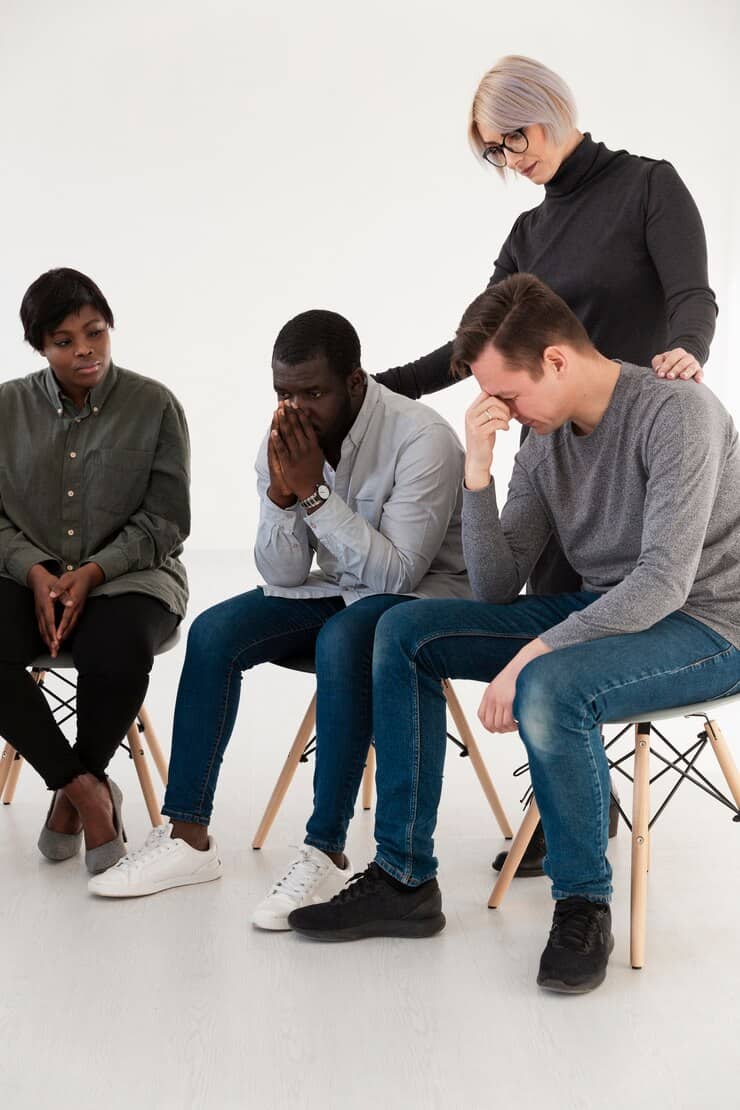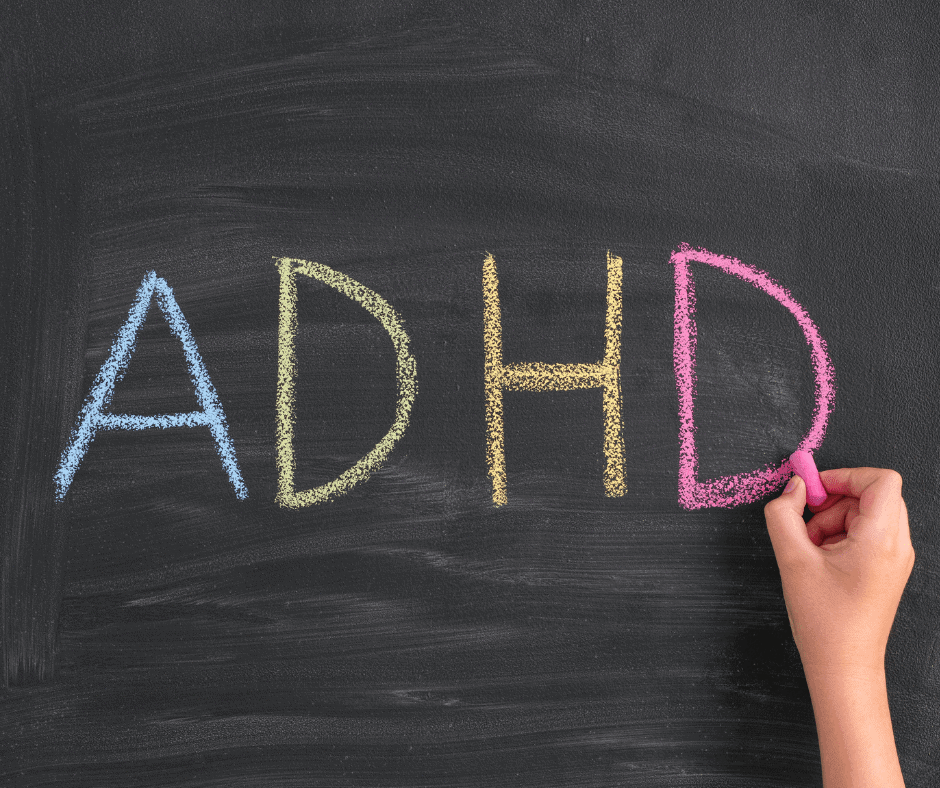From the moment you were a boy, the message was clear: Be strong. Be the provider, the protector, the rock. In a world that often feels hostile and unsafe, strength isn’t just a virtue; it’s a survival tactic. The image of the “strong Black man” is a powerful one—a pillar of resilience who can weather any storm, carry any burden, and do so without complaint.
But what is the cost of this strength? What happens when the armor you’ve built to protect yourself from the world also prevents you from connecting with yourself?
The unspoken rule is that strength and vulnerability cannot coexist. That to admit pain, to confess fear, or to ask for help is a sign of weakness. This is a dangerous lie. It’s a lie that isolates, that sickens, and that silences millions of Black men who are struggling under an invisible weight. The constant pressure to perform, to provide, and to persevere without a moment of rest takes a toll not just on the mind, but on the body and spirit.
This is why therapy for Black men is not a luxury; it is a revolutionary act of self-preservation. It is the creation of a rare and sacred space where the armor can finally come off. A space where you don’t have to be anything but yourself—a place for real talk, real healing, and real growth.
The Armor of “Strength”: Deconstructing a Heavy Legacy
The “strong Black man” archetype didn’t appear out of thin air. It was forged in the fires of systemic oppression. For centuries, showing any sign of vulnerability could be a literal death sentence. Strength was a necessary shield against a world that sought to break you. It was a way to maintain dignity in the face of dehumanization.
But a shield that is never taken off becomes a cage. What was once a tool for survival has, for many, become a source of profound internal suffering.
This cultural script dictates that Black men must be unflinching, stoic, and emotionally contained. It creates an impossible standard where any expression of sadness, anxiety, or fear is seen as a failure. The result is a silent epidemic of suppressed emotion. Men learn to swallow their pain, to “man up,” and to push through, no matter the internal cost.
This emotional suppression has devastating consequences. It contributes to higher rates of stress-related health issues like hypertension and heart disease. It can manifest as anger or irritability because those are often the only “acceptable” emotions for a man to display. Most tragically, it creates a deep and pervasive loneliness—the feeling of navigating immense challenges completely on your own, even when you’re surrounded by people who love you. It’s the weight of feeling like you have to have all the answers, even when you’re struggling to find them for yourself.
The Unique Pressures: Navigating a World Not Built for You
To understand the mental health of Black men, we must first acknowledge the unique and relentless pressures they face every single day. The need for a safe space becomes urgent when you realize the outside world is often anything but.
- The Daily Grind of Systemic Racism: This isn’t an abstract concept; it’s a lived, daily reality. It’s the hypervigilance required when walking into a store. It’s the code-switching needed to be seen as “non-threatening” in a corporate meeting. It’s the constant barrage of microaggressions that chip away at your spirit. This is not just stressful; it is profoundly exhausting. It is a form of trauma that accumulates over a lifetime, a low-grade fever of anxiety that never fully breaks.
- The Burden of Representation: Often, Black men feel the pressure of representing their entire race in professional or academic spaces. The need to be twice as good to get half as far is a well-known adage for a reason. This pressure to be perfect, to never make a mistake, leaves no room for the messiness of being human.
- Community and Family Expectations: While the Black community is a source of immense strength and resilience, it can also perpetuate the stigma around mental health. Generations of mistrust in a healthcare system that has historically harmed Black bodies make many wary of seeking help. There can be a cultural belief that problems should be kept within the family or taken to the church, not to a stranger. While these can be powerful sources of support, they are not a substitute for professional mental health care.
- The Isolation of Being the “Only One”: In many spaces—from the boardroom to the classroom—a Black man can find himself as the “only one.” This creates a profound sense of isolation and the pressure to navigate complex social dynamics without a peer to validate your experience. It reinforces the feeling that your struggles are yours alone to bear.
What a Safe Space in Therapy Actually Looks Like
Given this context, a “safe space” for a Black man in therapy must be more than just a quiet room with a comfortable chair. It must be an active, intentional, and culturally-attuned environment built on a foundation of trust and understanding.
- It’s a Place to Unmask: From a young age, many Black men learn to wear a mask to survive—a performance of stoicism and control. A truly safe therapeutic space is one where that mask can be set down without fear of judgment. It’s a place where you can be tired, uncertain, and vulnerable and be met not with criticism, but with compassion.
- It Practices Cultural Humility: The best therapists don’t claim to be “competent” in your culture, as if it’s a subject they’ve mastered. Instead, they practice “cultural humility”. This means they acknowledge that they are not the expert on your life; you are. They are committed to a journey of learning alongside you, respecting your identity, and understanding how systemic forces have shaped your experience.
- It Uses a Decolonizing Lens: Traditional therapy models are often rooted in Eurocentric, individualistic perspectives that can feel alienating or invalidating. A decolonizing approach to therapy actively challenges these norms. It makes space for your cultural identity, your ancestral wisdom, and your spiritual beliefs as sources of healing and strength. It acknowledges that your struggles are not just personal failings but are often responses to an oppressive system.
- It’s a Space for All Emotions: Grief. Joy. Confusion. Hope. In a safe therapeutic space, the full and complex spectrum of your humanity is welcome. It’s a place to process the rage you feel about injustice, the grief over losses you were never allowed to mourn, and the hopes you have for a life with more peace and freedom.
Taking the First Step: Your Journey to Healing
Acknowledging that you need support is an act of profound strength. Reaching out to find that support is an act of courage. If you are a Black man considering therapy, know that your hesitation is valid. It can be incredibly difficult to trust someone with your innermost thoughts and feelings, especially given the history of mistreatment by the medical system.
That is why finding the right therapist is so crucial. The therapeutic relationship is the single most important factor in successful outcomes. Look for a therapist who explicitly states their commitment to working with Black men and who speaks a language of care that resonates with you.
Don’t be afraid to “interview” your potential therapist during a free consultation. Ask them direct questions:
- “What is your experience working with Black men?”
- How do you create a safe and affirming space for your clients of color?
- How do you incorporate conversations about racism and systemic pressure into your work?
Listen to their answers, but more importantly, listen to your gut. Do you feel seen? Do you feel heard? Do you feel a sense of respect and genuine curiosity?
You have carried the weight of the world on your shoulders for long enough. True strength is not the absence of pain, but the courage to face it. It’s the wisdom to know that you don’t have to do it alone. In the right therapeutic space, you can unburden, heal, and build the resilient, authentic, and joyful life you have always deserved.

